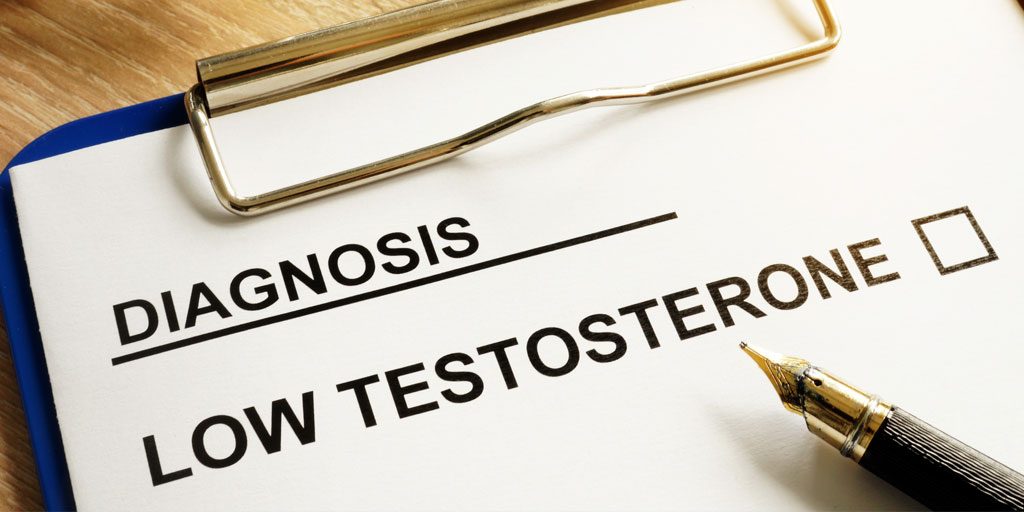Can Testosterone Cause Weight again?

If you’ve put on some pounds in the last year you may be wondering what’s at the root of it. You haven’t changed your eating habits. You’re at the gym on a regular basis. Still, the number on the scale continues to rise. Weight gain is caused by many factors for both men and women. Hormones, like testosterone, are certainly one of these factors. But, can testosterone cause weight gain? It is often the main culprit when looking at weight gain in men and women. But not for the reasons you might think.
Did you know testosterone levels decrease naturally as men and women age out of the active childbearing years?
The Testosterone-Weight Cycle
Testosterone is a steroid hormone that takes on many jobs in the body. Although primarily associated with men, it’s important for women, too. It is the trigger for facial and body hair – too much or too little – good sperm quality, fertility in women, healthy libido for both sexes and building and maintaining muscle mass.
When testosterone is in short supply, also known as Low T, it can have many consequences in your overall functioning. Low libido, brain fog, anxiety, depression are all results of Low T.
One of the hallmark signs of Low T is low or decreased muscle mass. Body fat metabolizes testosterone at an accelerated rate. So the testosterone-weight relationship is a vicious cycle and those with Low T are more likely to gain weight.
Reasons for Low Testosterone
Testosterone is in peak supply during what the body considers to be the active childbearing years. It’s Testosterone that keeps sperm healthy in men and fertility high in women. Testosterone also maintains a solid sex drive during these fertile years, keeps a sharp mental focus and strong physical prowess and contributes to a stable and even emotional state. Men and women develop Low T for reasons such as aging, illness, medical conditions or trauma. Diet and obesity also contribute to lower than normal levels. Cancer and corresponding treatments like chemotherapy and radiation are contributors to Low T.
Solutions for Low Testosterone
The best course of action to manage Low T is to be proactive. Because we know that obesity is a risk factor for Low T it’s important to do your best to maintain a healthy diet and fitness regimen. If you are limited, there are many exercises that are low to medium impact that will keep you in shape. Cycling and swimming are great choices. With that, incorporate healthy food choices into your routine every day. Weight lifting is an excellent addition to a workout routine for both men and women. Simple weight-bearing exercises that promote muscle mass. Staying as healthy as you can weight-wise will help you get ahead of the Low T cycle.
What You Can Do
If you are pretty certain you already have Low T because you have some of the symptoms we’ve covered here, make an appointment to have your levels checked with Dr. Russo. From there, we’ll explore options to get you back on track. We choose BioTE® BHRT to restore hormone imbalance. It’s safe, effective and easy to work into any busy lifestyle.
Do you think you could have Low T?
Book your private consultation today to discuss your symptoms and make a plan.
